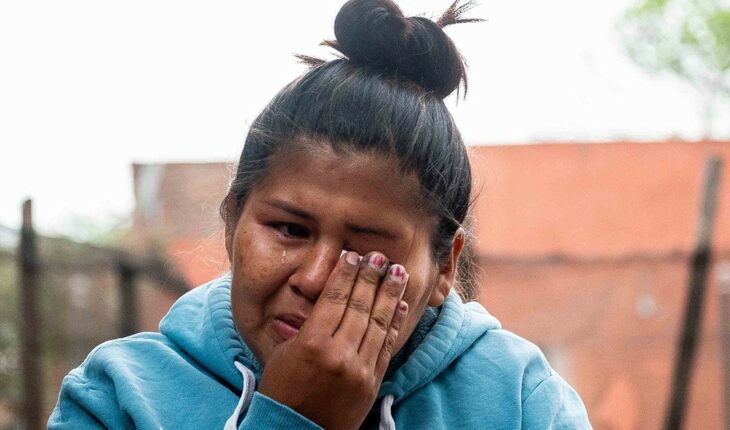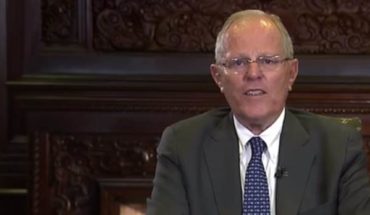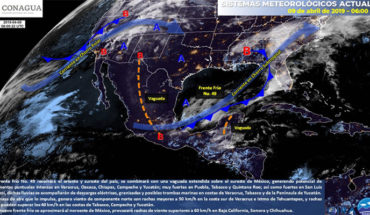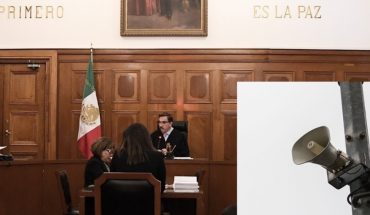The case investigating the responsibility of the Chaco security forces for the acts of violence against four young people from the Qom community in the town of Fontana faces a key day on March 25. The judge will have to decide the elevation to oral trial of the accused and if it includes the qualification for the crime of torture, as requested by Amnesty Internacional.La organization did so after presenting itself as amicus curiae -friends of the court-. Amnesty International argued about the importance of the events being investigated in light of the State’s obligation to prevent, investigate, and properly punish the crime of torture due to the physical and psychological suffering reported by the victims. More than a year has passed and young people are still suffering consequences.” The proper investigation, qualification and punishment of these crimes is an essential element to guarantee justice and to prevent further violation of the victims. The authorities must show a strict commitment to international human rights obligations,” said Paola García Rey, Deputy Director of Amnesty International Argentina.
In turn, the organization sent a communication to the Special Rapporteur on the Rights of Indigenous Peoples and the Special Rapporteur for the Prevention of Torture to request information from the State on the measures taken in this case and the progress of the judicial investigation guaranteeing strict compliance with international human rights standards in the field of prevention of torture and protection and non-discrimination of peoples. Indigenous. The case
On May 31, 2020, security agents from the Third Police Station in the town of Fontana entered a house by force, without a search warrant, and with violence. The troops beat those inside and took four young people – one of them a minor – into custody through struggles, pushes, blows, and kicks, while insulting them and referring to their indigenous ancestry. Inside the Third Police Station, insults, death threats, assaults, torture, and even one of the young women denounces sexual abuse by police officers continued. The 4 young men were released after more than 10 hours. Since Amnesty International became aware of the facts, it has been monitoring the judicial process against the agents involved to help carry out an impartial investigation that guarantees access to justice and reparation. In addition, he produced a trial diary documenting the step-by-step case. The voice of young people and their families
In September, the organization visited the victims and their families, and met with local authorities to learn about the measures taken to prevent the recurrence of such cases. Amnesty International had the opportunity to interview the young people who were detained and their families. In this video the victims narrate in first person what they lived, what they expect from the judicial process and how they feel today, more than a year and a half after the facts.
“I was afraid, I didn’t know where they were taking me, I didn’t know if I was going to see my mom and my brothers again,” said Daiana Fernández, one of the 4 young women detained. They took us out and walked us in the van. I feared that they will kill us, that they will throw us out there as it happens in some cases. That’s when I was more afraid because where were they going to find us next?” said Alejandro Saravia, another of the victims. It’s never going to be the same again. This is not overcome even with all the psychologists because they broke a family that night,” said Johana Saravia, Alejandro’s mother. He added: “I would like justice to condemn whoever has to convict, for those responsible to be punished. That the boys can return to trust, to walk freely, that they are not persecuted for their skin color, for their way of dressing. That the police are there to take care of them not so that we take care of them.” The court case
To date, there are 10 defendants in the case including the highest authority of the 3rd Police Station. for the crimes of aggravated harassment, illegal search, illegal detention, ideological falsehood and cover-up. However, the crime of torture is not included among the charges, despite the serious physical and psychological suffering reported by the young people. On Friday, March 25, the intervening judge must resolve the elevation to oral trial of the accused and if it includes the qualification for the crime of torture, as requested by the victims and the complaints of the COmission provincial prevention of torture and the Secretariat of Human Rights of Chaco.” It is necessary that cases like this do not go unpunished and be duly investigated, considering the racial discrimination, exclusion and historical invisibility faced by indigenous peoples in Argentina. Identifying the persistence of such patterns in the institutional culture of the security forces is central to preventing acts of violence of this nature from recurring,” concluded Paola García Rey, Deputy Director of Amnesty International Argentina.More informationTrial JournalReport on police violenceShookings about the case:A) https://amnistia.org.ar/mision-de-amnistia-internacional-a-chaco-por-un-grave-caso-de-violencia-contra-pueblos-originarios/B) https://amnistia.org.ar/violencia-y-abuso-contra-una-familia-qom-amnistia-internacional-observara-el-proceso-judicial-en-chaco/C) https://amnistia.org.ar/brutalidad-policial-contra-jovenes-qom-en-chaco-amnistia-internacional-exige-una-investigacion-exhaustiva-y-urgente-tras-la-difusion-de-nuevos-videos-de-extrema-violencia/Sitio website “Indigenous Territory”PETITION





